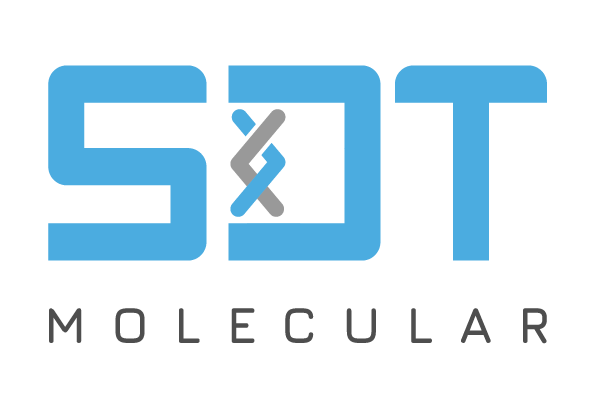Responsibilities:
• Architectural Design: Design and architect microservices-based systems that leverage React for the front-end and .NET for the backend. Ensure the architecture is scalable, secure, and meets the business requirements.
• Technology Strategy: Define and drive the technology roadmap for the microservices platform. Stay up to date with emerging technologies and best practices in the microservices, front-end, and back-end development ecosystem.
• System Integration: Design and oversee the integration of various services, ensuring seamless communication between microservices, and the front-end.
• Performance Optimization: Identify and address performance bottlenecks in the system. Optimize the architecture for speed, scalability, and reliability.
• Security: Implement security best practices across the architecture, ensuring data protection and compliance with relevant regulations.
• Technical Leadership: Provide technical guidance and mentorship to development teams. Review and approve design and code to ensure adherence to architectural standards .
• Collaboration: Work closely with product managers, UX/UI designers, developers, and other stakeholders to translate business requirements into technical solutions.
• Documentation: Create and maintain comprehensive architectural documentation, including system designs, data flows, and deployment plans.
• Continuous Improvement: Advocate for and implement continuous improvement practices, including automated testing, continuous integration/continuous deployment (CI/CD), and DevOps methodology
Required skills:
• Proven experience in software architecture, specifically in microservices architecture.
• Extensive experience with front-end technologies, particularly React.
• Deep expertise in .NET development and the ecosystem.
• Experience in cloud-based architecture (e.g., AWS, Azure, GCP) is a plus.
• Strong understanding of RESTful API design, GraphQL, and other integration patterns.
• Proficient in containerization technologies like Docker and orchestration tools like Kubernete
• Familiarity with database design and management, including SQL and NoSQL databases.
• Certifications: Relevant certifications in cloud architecture, microservices, or related fields are desirable.
• Experience with serverless architecture and event-driven systems.
• Knowledge of modern authentication and authorization protocols like OAuth, JWT, and OpenID Connect.
• Experience in leading large-scale enterprise projects.
























